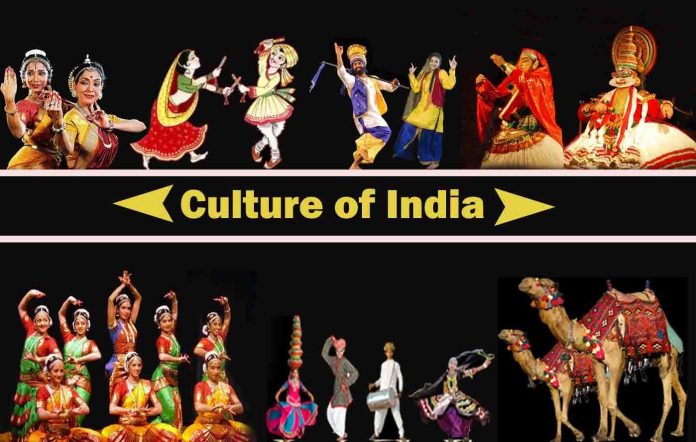- As you are aware, India is a country of diverse languages, dialects, traditions, cultures, cuisines, and religions that make us what we are. The popular adage unity in diversity aptly sits on us showcasing how such a diverse country continues to stay united. This is despite encountering fascinating shifts across the length and breadth of this bountiful land. People who have traversed around the country would vouch that every state has a distinct identity vis-à-vis local culture and tradition but stays glued to the notion of Bharatiya when it comes to projecting unity. Make no mistake, people representing the northern, southern, eastern, and western parts of the country will not flinch one bit from embracing Mother India as the single most important identifying factor.

PC: Your team in India
- Yes, we all are proud to represent the regions with their distinct languages and dialects alongside accompanying diversity. The beauty of India is that we all wholeheartedly embrace each region as our own without ever considering they are different from us. At the heart of Indianness is the commonality factor allowing each one of us the freedom to live, lead, and embrace life as guaranteed by the Constitutionally mandated rights. Of course, the political parties representing diverse ideologies would want us to believe that the country could be divided into caste lines, linguistic lines, and religious lines. Fortunately, people have enough wisdom to understand the parochial considerations at play and to call the bluff on some such moves.
- Note that sporadic incidents of whipping up emotional and contentious issues like language, land, water, caste, creed, and class do occur in the Indian context largely by the fringe groups intent to garner the limelight. It’s a matter of great concern how those fringe groups can forget that at the root of our Indianness lies the willing embracing of diversity without ever making efforts at one-upmanship. Take for instance what transpired in Bengaluru, Karnataka recently when activists vandalized business establishments for failing to display local language signboards prominently. The group of activists was agitated because the business establishments did not accord primacy to the local language on their signboards. This led to vandalism and subsequent damage.

PC: BMS
- Remember, Bengaluru is not only the capital city of Karnataka with a growing multicultural milieu but is also termed the Silicon Valley of India for attracting foreign businesses in great numbers. Any acts of vandalism going unactioned would send a great distressing signal to prospective investors wishing to choose the destination for starting new businesses. This might dissuade big companies from deciding to invest in the state, jeopardizing the growth prospects for the country. The negative ramifications can be multifold and cannot be allowed to be brushed under the carpet. Yes, the local language must be accorded primacy wherever necessary but not overbearingly. Let’s look at the bigger picture of overall growth rather than a constricted viewpoint defining us.






